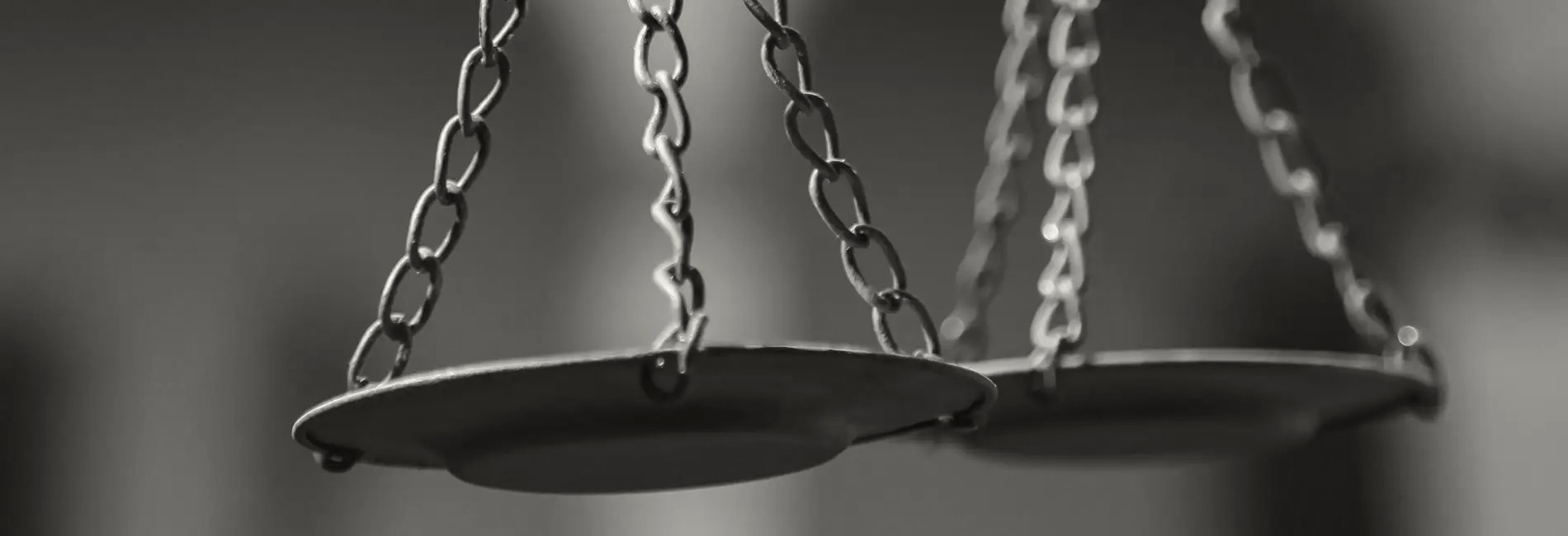
Services

Unopposed and Contested Divorces
Navigating through a divorce can be challenging.
Whether your divorce is amicable or contested, our skilled attorneys will guide you through the legal process with sensitivity and expertise, ensuring your rights are protected every step of the way.

Child and Spousal Maintenance
We understand the complexities involved in securing fair maintenance agreements. Our team will work diligently to ensure that both child and spousal maintenance arrangements are equitable, ensuring financial stability for you and your family.
Remember, not paying maintenance is a criminal offence and the respondent can be fined or imprisoned for up to 1 year, or both. The maintenance officer may also have the respondent blacklisted. To escape punishment, the respondent must show to the satisfaction of the court that he/she could not pay maintenance due to a lack of money or income.
Your duty to pay maintenance and your right of contact to your child are two entirely separate matters, and one has no relation to the other.

Matrimonial Regimes
Choosing the right matrimonial regime is crucial for your future.
We provide expert advice on the different regimes available, helping you make informed decisions that best suit your circumstances and protect your interests.
There are three matrimonial regimes which are governed under South African law namely, Married in community of property, Out of Community of property Without Accrual and Out of community of property with inclusion of the accrual.
Upon divorce, the assets of the joint estate are divided equally between the parties, unless a spouse requests and the court grants a forfeiture order. This order must be specifically requested in the summons.
For spouses married in community of property, their assets are considered a joint estate. If they agree on the division, a settlement agreement can be drafted and made an order of the court.
If they cannot agree, the court may appoint a receiver or liquidator to divide the assets on its behalf.
In this system, each spouse maintains a separate estate, including assets and liabilities from before and during the marriage.
It grants each spouse full independence in contractual matters and protects their estate from claims by the other spouse’s creditors.
The accrual system ensures a fair division of the estate when a marriage ends.
It does not automatically apply to all marriages out of community of property, the ANC must be specifically drafted for it.
The accrual system calculates the net increase in each spouse’s estate from the date of marriage to its dissolution.
Assets acquired before marriage remain individual property, while assets gained during the marriage are shared.
This right to share in the accrual is only exercisable upon divorce and is protected from creditors during the marriage.
In terms of section 21 of the Matrimonial Property Act, the marital regime can be changed by mutual consent and by way of an application by the parties to the High Court. Such an application requires compliance with specific procedures to ensure its validity. Both parties need to understand the implications and consequences of changing the marital regime and proper reason must be given for the change of the marital regime. It is important that there is full and proper disclosure when seeking to change a marital regime. The failure to provide full and accurate information may result in the order not being granted by the Court. The parties’ legal representatives will draft a postnuptial contract to reflect the newly chosen martial regime. This contract will specify the new regime the parties wish to adopt, such as transitioning from “in community of property” to “out of community of property with accrual”.
The High Court will review the proposed changes and assess whether they are fair and reasonable. The court’s primary concern is to protect the rights of both parties and any potential creditors. It is important that the interests of the creditors, who might be affected by the change, are protected and therefore the court will give proper consideration before granting such an order. After the High Court’s approval and a court order is granted, the amended marital regime must be published in the Government Gazette and two local newspapers to inform creditors and any other interested parties of the change. Once the public notice has been completed, the amended marital regime is registered at the Deeds Office. Registration will finalise the changes and ensure their enforceability against third parties.

Domestic Violence and Protection Orders
If you are experiencing domestic violence, you do not have to face it alone.
Our compassionate legal team is here to help you obtain protection orders and take the necessary legal steps to ensure your safety and well-being.
The Domestic Violence Act makes provisions that you may apply for a Protection Order against your abuser provided that you share a domestic relationship

Trusts, Deceased Estates and Wills
Our office are able assist with the Law of Succession which provide expert service on a range of Deceased Estate Administration, Estate Planning, Drafting of Last Will and Testaments and Trusts, whilst remaining sensitive to dealing with the loss of a loved one.
Our services that we provide include: Administration of deceased estates, estate planning, drafting of wills, drafting of and advising on trust.

Conveyancing
Our offices have vast experience in conveyancing matters which include the transfer of immovable property and all other conveyancing matters.
